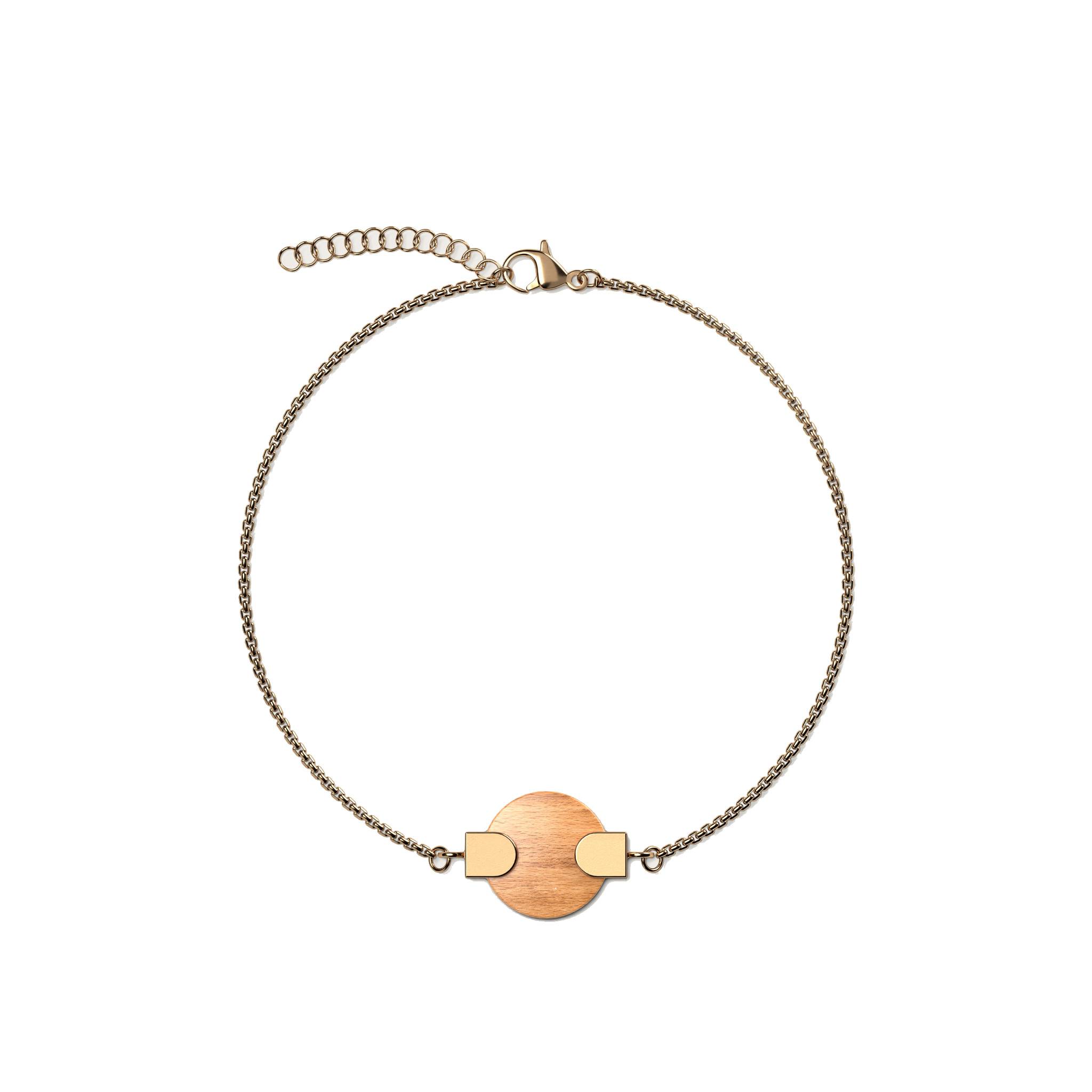Learn & live: The air we breathe
As a company that takes inspiration from our environment, travels, and the world, we have known from day one that we need to make an effort to look after our beautiful planet as much as we make an effort to create unique and high-quality designs for our customers. Sustainability has been our priority since the very beginning.
However, when we started eight years ago we certainly didn’t know as much as we do now. So besides planting three trees for each product sold and continuing to make all our shipments CO2-neutral, we're trying to keep learning about the things that impact our surroundings and how we can make a difference as individuals and as a company.
We’d like to share some of these insights with our customers, who care about this planet as much as we do. In this article, we’re learning more about what causes air pollution, how it affects us and which individual steps we can take to help reduce it.
What is air pollution?
Have you ever noticed any smog over the city you live in? Then you’ve seen air pollution. Although some pollution is invisible to the human eye, it can still affect our health. By breathing air, we breathe in the oxygen we need to live. For most people, breathing is so natural that they usually don’t stop and think about what it is that they breathe. But besides oxygen, nitrogen, and other elements that our body needs, air can also contain harmful pollutants affecting our health and that of the planet.
Air pollution consists of chemicals or particles in the form of liquid, solids or gases, also called aerosols. These can be bad for the environment and our health, so it’s essential to keep track of them.
What causes air pollution?
There are many different sources of air pollution, created mainly by human activities, such as energy production, driving cars or producing things in large factories. Sometimes air pollution has natural sources such as ash from erupting volcanoes or smoke from (wild)fires.
In large cities, the air quality is often worse because many different sources cause emissions in one concentrated spot. Skyscrapers or mountains can prevent aerosols from spreading over a wider area. Some of the most polluted cities in the world are Los Angeles, Lima and Beijing.
Not only outdoor air but indoor air can also be polluted. For example, burning fuels such as wood or using certain insulation materials can affect the air inside your house. It’s therefore important to have proper ventilation, as toxic mould building up in damp rooms can cause you to breathe in spores.
How air pollution affects our health?
Everyone reacts differently to different types of air pollution. If you already have an underlying problem with your immune system, it is possible that breathing in polluted air can make things worse. Symptoms can range from things like dizziness, nausea, headaches, asthma or pneumonia. However, bad air quality can also cause more long-term health problems, such as lung disease and organ damage.
How air pollution affects our environment?
Just like humans, other animals and living organisms can suffer from air pollution by causing diseases and health problems. When in the air, particles coming from power plants and fuel-burning vehicles mix with water and oxygen. This could cause rain to turn acid. When particles from air pollution come down, it can contaminate soil and water, damage ecosystems, crops and even buildings.
Greenhouse gases such as carbon dioxide are also a major cause of bad air quality. An overproduction of greenhouse gases warms the climate due to trapping heat from the sun in the earth's atmosphere (which usually escapes into space). Climate change, in turn, leads to more extreme weather, rising sea levelsand increasing transmission of infectious diseases. Mould, pollen and allergens from grass and trees are also carried in the air and are exacerbated by climate change, which can also harm our health.
How to help reduce air pollution?
Any person can take steps to reduce air pollution. Even though taking small steps can sometimes feel useless, together we can demand from companies around the world to make better decisions for us and the planet. Examples include:
- Walk, bike, carpool or take public transport to work
- Buy food and produce from local farmers or suppliers
- Use energy efficient light bulbs and appliances
- Conserve energy and minimize the use of air conditioning
- Compost food and garden waste
- Make sure your car is properly maintained
- Support companies that take responsible steps to reduce their impact on the planet
How companies can help reduce air pollution?
Companies can already take small steps by:
- Collecting data about their emissions
- Switching to renewable energy in their own factories and buildings
- Choosing electric vehicles for transporting goods
- Establishing processes that reduce air pollution from its own operations and its suppliers
- Reducing waste or find ways to recycle waste
- Promoting awareness campaigns about air pollution
For example, shipping company DHL has started delivering packages in the city of Rotterdam, the Netherlands, by using electric delivery vehicles, helping to reduce the city’s congestion and carbon emissions.
Impact is multiplied by scale. Only if every company on this planet makes a change, to implement sustainability into the product, into business, to give back, we can make a real impact.








































































